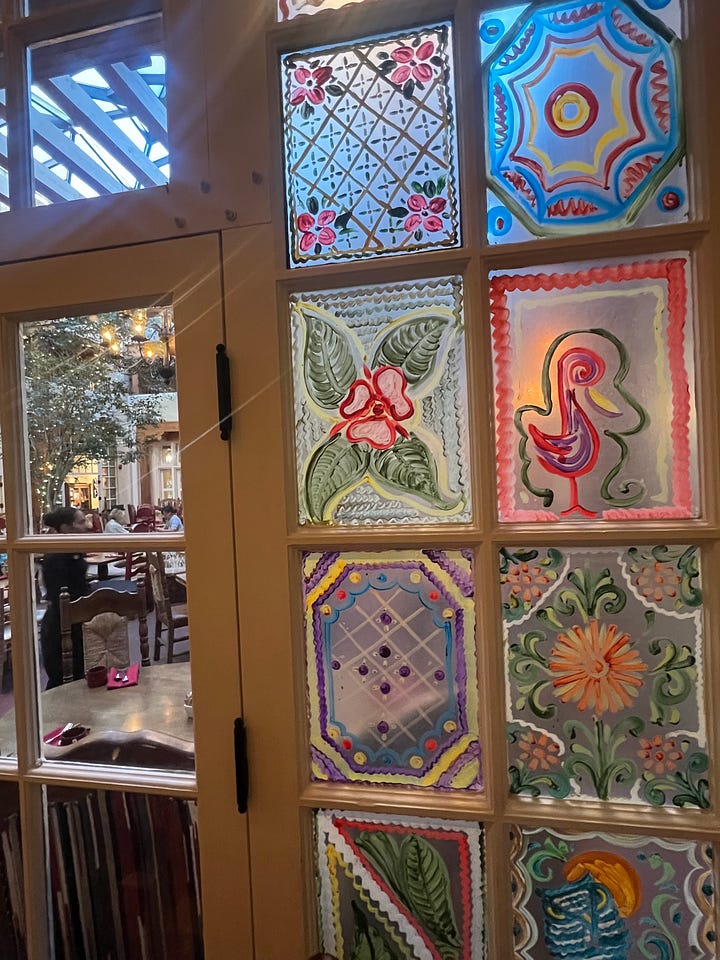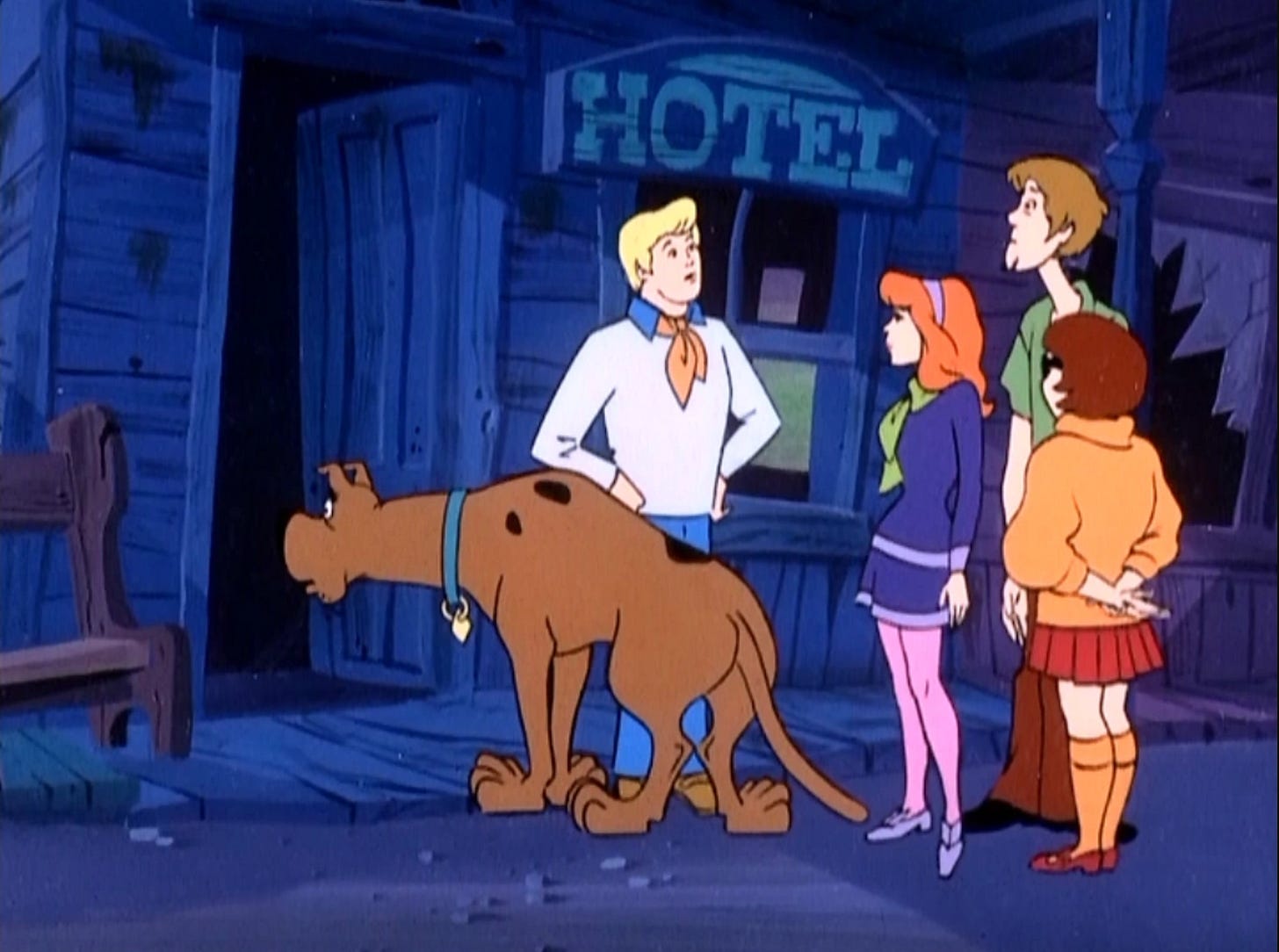8. Avoid a hotel stay from hell
How to master booking websites, mapping apps, and other info to find an overnight sensation.
Hotel reservation sites showcase abundant guest ratings, 3-D room tours, and tools letting you sort properties by features from location to pet friendliness. So why does it feel so nightmarish now to book a pleasant stay—and why have so many hotels seen a drop in guest satisfaction?
I’m a travel writer, a semi-pro voyager. But I’m often challenged to find hotels I like. Hotel reservation sites such as Booking.com, Expedia.com, and Hotels.com have hard-to-understand star systems and reviews which sometimes seem written by bots or easily impressed dodos. Hotel websites overflow with glamor shots making 300 square foot guest rooms resemble mansions.

TikTok and Instagram hotel coverage? Influencers create pretty content—but that amazing-looking stay at Casa de Whatever might’ve been comped, and, says Annie Fitzsimmons, luxury travel expert and the author of the forthcoming book 100 Hotels of a Lifetime, “Influencers don’t want to show you the bad part of a hotel, it’s more of a ‘look where I am’ thing.”
Even tour operating giant Intrepid has noticed the struggle, which is one of the reasons it is acquiring its own hotels in Vietnam and Australia. Hotels can be “a mediocre, negative or not even a memorable experience,” Intrepid’s Matt Berna told Travel Weekly. “So how do you take something so vital to travel and make it a much more enriching, immersive experience?”
“Influencers don’t want to show you the bad part of a hotel, it’s more of a ‘look where I am’ thing,” Annie Fitzsimmons, author of “100 Hotels of a Lifetime.”
This lack of clarity or truly critical lodgings reviews online means that for every overnight success I experience—San Antonio’s plush Hotel Emma, in a converted 19th-century brewery—there’s a hotel stay from hell.
Recently, I bunked in a Maryland chain motel with a moldy bathroom and a moody elevator that worked erratically—a real annoyance for my 80something in-laws. For a girl’s weekend to see Frank Lloyd Wright’s Fallingwater in Pennsylvania last autumn, there weren’t many convenient nearby places to stay. My friend booked us into a B&B in a historic, small-town mansion. It was well-reviewed online, but the inn starred dusty rooms, saggy mattresses, and endless displays of glassy-eyed, worn-out toys. We now remember it as Creepy Doll Manor.


The five-star Copenhagen hotel my husband and I splashed out on this summer? Mostly a bust, despite the property’s killer location in a converted 1912 post office—and recommendations from several travel websites and PR folks. Sure, the sheets were crisp, the soap smelled nice, and the very small bathroom was filled with marble. But the closet-sized, reservations-only sauna and weensy guest room (my husband dubbed it the Tom Thumb Suite) felt stingy and unwelcoming.
So, in an era of confusing booking websites and too little honest information on hotels, is there a formula for getting a great room at a fair price? I spoke with several experts for advice. Here’s what I found.
Learn to read reviews
When sifting through reviews on Expedia, Hotels.com, and their ilk, check out both the five-star and one-star reviews. (You might even read a middling review or two for comparison’s sake.)
Watch for comments on amenities important to you and any deal breakers. If you’re a light sleeper, does anyone complain about highway noise? If a swimming pool for your kiddos is vital, do reviewers say anything about its size, cleanliness, or whether it’s even open? Is there more than one mention of uncomfortable beds?


A red flag that you’ve found a franchise of the Bates Motel? A pattern of negative comments about the same thing (nightclub racket, hungry bed bugs, murderous owners). Positive signs include hotel management that responds constructively to critical comments and praise from returning customers (“We stay at the Greenbrier every year, and we love its colorful wallpaper and golf course.”)
“You have to dig into the reviews,” says Jeremy Wells, a strategist and partner at hospitality branding and design firm Longitude°. “Some negative comments might be for something that doesn’t matter to you, like someone who gives a bad review to a hotel because you can’t bring your dog, but you don’t even have a pet.”
Read the fine print and scrutinize photos
Need java immediately upon waking or a swim just before bed? Read the hotel’s website carefully, and scrutinize its photos before choosing the property and a specific room. Don’t assume a room has a hairdryer, coffee maker, or bathrobe unless that’s specified on the website. Look at a photo of the room class you want to book, not an image of the Presidential Suite that’s $20,000 a night.
“Don’t take everything at face value,” says Tara Busch, a travel advisor and founder of the Conscious Travel Collective. “Photos can be so misleading—is that a settee or a chair? You can’t tell if it’s taken through a fisheye lens.”
Map it out before booking
For many travelers, location is everything. Booking sites generally let you sort properties by neighborhood; some indicate how far a hotel is from the city center. “But ask yourself what you want—do you want to splurge on a hotel that’s right downtown, or stay in a neighborhood a bit further out?” says Busch.
Plot out possible properties before reserving a room. “I put the restaurants I want to eat at and places I want to go on Google Maps,” says Fitzsimmons. “Then I’ll add hotels to see what’s convenient.”
Then check what’s near your hotel (Street View can be handy here) to avoid booking a room overlooking the Lincoln Tunnel exit in New York City or facing a creepy cemetery (unless that’s your thing, Wednesday Adams).
Brand loyalty doesn’t mean much
Hotel chains seek repeat clients with branding, a sense that you’ll get the same cushy pillows/hot chocolate chip cookies/warm welcome in Marriotts from Arizona to Zanzibar. But many “name brand” properties are franchises and differ wildly from place to place.
“The quality of chains isn’t consistent, except maybe at the high end, like the Four Seasons,” says Sarah Stodola, author of the travel Substack Flung and the book The Last Resort. “I recently had the worst experience at well-known chain hotel in Fiji. Everything was dirty, falling apart, and seemed sketchy. Then I learned people brought prostitutes there!”
Find your tribe
You might turn up a stay keyed to your taste via a special interest hotel consortium. These are essentially paid membership organizations with specific requirements—and usually, fees—for the hotels that join them.
I’ve found cool vintage lodgings via the Historic Hotels of America, a division of the National Trust for Historic Preservation, where properties must be over 50 years old and meet certain standards. This summer, I stayed at Santa Fe’s La Fonda on the Plaza where I dug sleeping beneath beamed ceilings and breakfasting in the restaurant filled with painted glass panels.


Other hotel membership groups include Beyond Green, which holds properties to strict environmental and cultural standards, and Design Hotels, which includes 300-plus, high-style properties around the globe. The latter is how I turned up the Nobis Hotel Copenhagen, a place I did enjoy my stay at in the Danish capital thanks to its blend of historic details (ceiling moldings, a grand exterior) and mid-century interiors (sculptural light fixtures, low-slung lobby sofas).
Look for a true hotel critic
Be wary of glowing, overly positive TikToks, Instagram reels, and booking site reviews. Many people—even journalists—are creating content because they’ve gotten a free stay, have a marketing deal, or just want to art direct their vacation into a White Lotus episode (sans cheating spouses and dead bodies). Even some magazines and websites with good reps (Travel + Leisure, Conde Nast Traveler) primarily report on hotels that are brand new or have undergone major renovations or additions.
A few sources still do honest, critical reviews, meaning experienced journos stay overnight (anonymously) in hotels and then give their honest judgement. Look to The Telegraph, Rick Steves, or the Michelin Guide for opinionated, pro takes on where to lay your head. (Michelin just launched its one-to-three key rating system in the U.S., Canada, and Mexico.) These outlets examine properties in all price ranges, a boon when some hotel rates are up as much as 79 percent since before the COVID-19 pandemic.
Use a travel agent or advisor
The internet (and increasingly, AI) can help anyone book their own hotels and tours now. But if you use a travel agent/advisor to reserve (and maybe choose) your hotel, you might get a nicer room, particularly at higher-end properties.
“I never would book a five-star hotel without going through an adviser,” says Fitzsimmons. “Even if you’re in the smallest room, you’ll probably get an upgrade thanks to their relationship with the hotel.” Since agents are paid a commission by hotels, you’ll usually shell out little or nothing to use one.
Note: This kind of story takes deep research and interviews to achieve. For now there’s no paywall here, but in the future these insider looks and guides will be for paid subscribers. Thanks for reading it!









love this, now tell us how to find a good travel agent.
Great article and I’ve experienced the same with ratings and reviews not being accurate. I’ve also had the issue recently that the room I’ve gotten does not measure up to the 5 star rating or the pics of the room on their website. The worst though was staying at Under Canvas where they buried in the FAQs that they didn’t have showers!